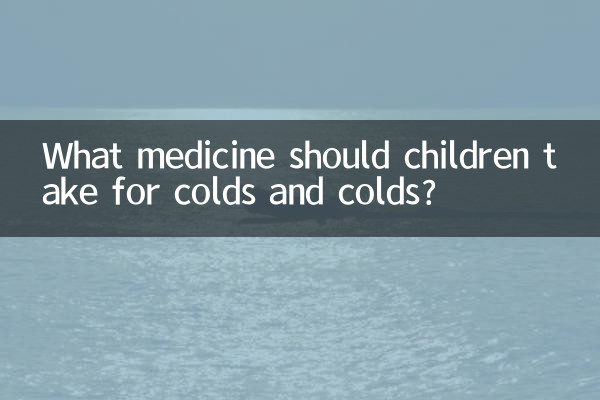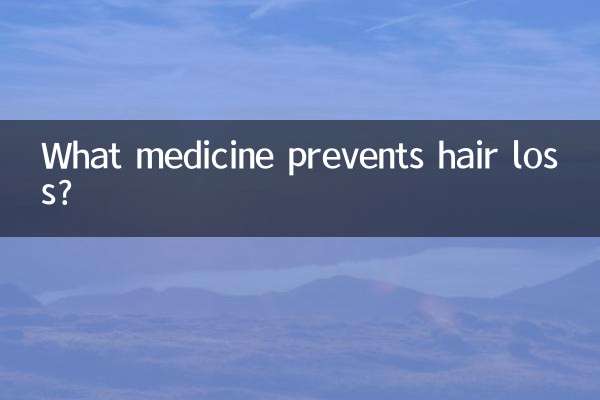What medicine should children take for colds and colds?
Recently, as the temperature drops sharply, children's colds and colds have become a hot topic of concern to parents. Cold is a common disease in children, mainly characterized by symptoms such as fever, nasal congestion, runny nose, and cough. How to use medicine scientifically to relieve symptoms has become one of the issues that parents are most concerned about. The following is the medication guide for children with colds and colds that has been hotly discussed on the Internet in the past 10 days, compiled based on authoritative medical advice and popular discussion content.
1. Typical symptoms of cold and cold

Colds and colds are more common in autumn and winter and are mainly caused by catching a cold. The following are typical symptoms of colds and colds in children:
| symptom | Performance characteristics |
|---|---|
| fever | Mostly low-grade fever (below 38°C), with obvious chills |
| Congested nose and runny nose | Watery nasal discharge, severe nasal congestion |
| cough | Mostly dry cough with less phlegm and white color |
| Other symptoms | Headache, loss of appetite, lack of energy |
2. Commonly used medicines for children with colds and colds
Based on recent recommendations from pediatric experts and hot online discussions, the following commonly used drugs have been sorted out:
| drug type | Representative medicine | Applicable age | Things to note |
|---|---|---|---|
| Relieving surface and dispersing cold | Children's Cold Granules, Children's Chaigui Antipyretic Granules | 1 year old and above | Not suitable for long-term use. Stop as soon as symptoms resolve. |
| Cough relieving and phlegm resolving products | Pediatric Cough Syrup, Ambroxol Oral Liquid | 2 years old and above | Use cough medicine with caution if you have excessive phlegm |
| Antipyretic | Acetaminophen suspension, ibuprofen suspension | more than 3 months | Use when body temperature exceeds 38.5℃ |
| External medicine | Antipyretic patch, nose clearing patch | All ages | People with skin allergies should use with caution |
3. Dietary therapy auxiliary methods that are hotly discussed on the Internet
In addition to drug treatment, many auxiliary dietary therapy methods have also been hotly discussed on the Internet recently:
| Diet therapy | Specific practices | Applicable age |
|---|---|---|
| Green onion and white ginger syrup | 3 sections of scallion + 3 slices of ginger + appropriate amount of brown sugar, boil and drink | 1 year old and above |
| Steamed pear juice | Peel and steam pear with rock sugar to extract juice | More than 6 months |
| Radish honey water | Cut the white radish into cubes, marinate with honey and extract the juice | 2 years old and above |
4. Medication precautions
According to recent reminders from pediatric experts on social media, special attention should be paid to the following medications for children with colds and colds:
1.Avoid overuse of antibiotics: Colds and colds are mostly viral infections, and antibiotics are ineffective. The issue of "antibiotic abuse leading to drug resistance" that has been hotly discussed on the Internet recently deserves attention.
2.Use compound cold medicine with caution: The US FDA does not recommend the use of compound cold medicines for children under 6 years old, which has recently triggered widespread discussion in domestic parenting forums.
3.Dosage needs to be precise: When using antipyretics, the dose should be calculated based on body weight. Recently, some parents shared cases of adverse reactions caused by excessive use of antipyretics on social media.
4.Observe changes in condition: If symptoms such as persistent high fever, listlessness, and shortness of breath occur, you should seek medical treatment in time. This is a key point that has been repeatedly emphasized by major health platforms recently.
5. Preventive measures
In response to the recent high incidence of influenza, experts recommend taking the following preventive measures:
1. Keep warm, especially your head, neck and feet.
2. Maintain indoor air circulation, but avoid direct blowing
3. Wash your hands frequently and avoid contact with people with colds
4. Ensure adequate sleep and balanced nutrition
5. Carry out appropriate outdoor activities to enhance resistance
Conclusion:
Although colds and colds are common in children, rational use of medication is crucial. Recent hot discussions on the Internet show that more and more parents are beginning to pay attention to the combination of scientific medication and natural therapies. It is recommended to take medication under the guidance of a doctor and avoid blindly following online folk remedies. At the same time, only by doing daily preventive work can children survive the cold season healthily.

check the details

check the details